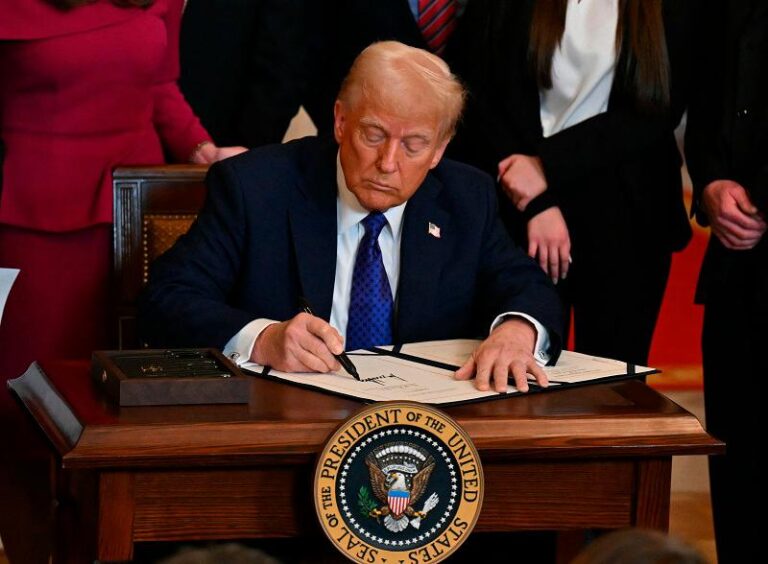President Donald Trump has signed a sweeping executive order barring entry into the United States from 12 countries—including Afghanistan, Haiti, and Iran—in what the White House describes as a bold step to “protect Americans from dangerous foreign actors.”
The announcement, made Tuesday via Trump’s Truth Social platform, marks a revival and expansion of one of the most controversial immigration policies from his first term. “In light of the tragic Colorado attack on Sunday, we must act decisively,” Trump wrote. “America’s security comes first. We will not wait for another disaster.”
The new travel restrictions, set to take effect on June 9, impose a near-total ban on most travelers from the 12 countries. An additional seven nations, including Cuba and Venezuela, will face partial restrictions such as visa limitations and heightened security screenings.
According to senior administration officials, the order includes limited exemptions for specific categories of travelers. These include athletes participating in international sporting events, certain Afghan nationals, and dual citizens holding valid passports from countries not affected by the ban.
The policy has already drawn sharp criticism from civil rights groups, Democratic lawmakers, and international allies, who argue it echoes the 2017 “Muslim ban”—a move that ignited global backlash before a revised version was upheld by the U.S. Supreme Court.
Trump had vowed during his 2024 re-election campaign to reinstate “extreme vetting” and expand immigration restrictions on countries deemed high-risk. The recent Colorado attack, which left several people dead and remains under investigation, appears to have accelerated the administration’s actions.
As of Tuesday, the full list of the 12 banned countries has not been publicly released by the White House, fueling further concern and uncertainty among affected communities and immigration advocates.
Opponents of the policy say it risks unjustly targeting vulnerable populations and undermines America’s tradition of providing refuge. Supporters argue the move is a necessary response to evolving global threats.
The executive order is expected to face legal challenges in the coming weeks, as advocacy groups prepare to contest its legality and scope in federal court.



























